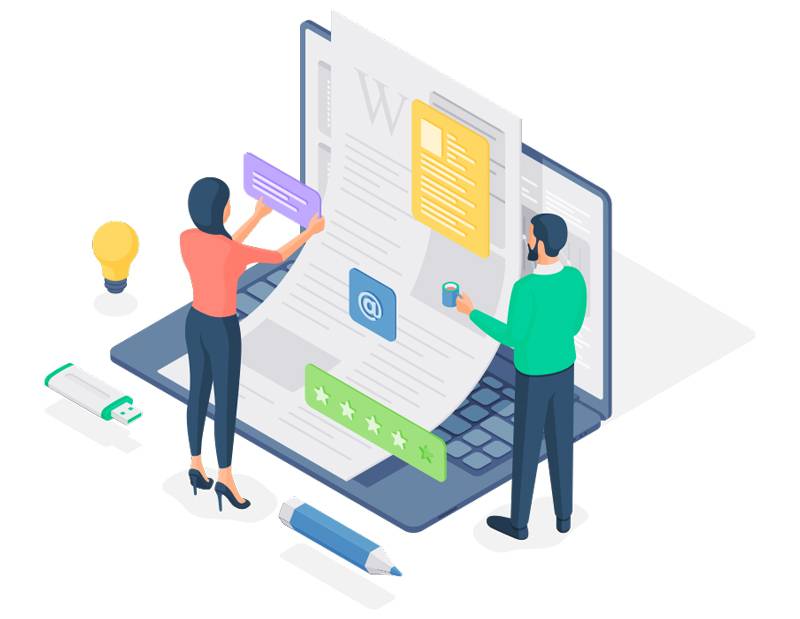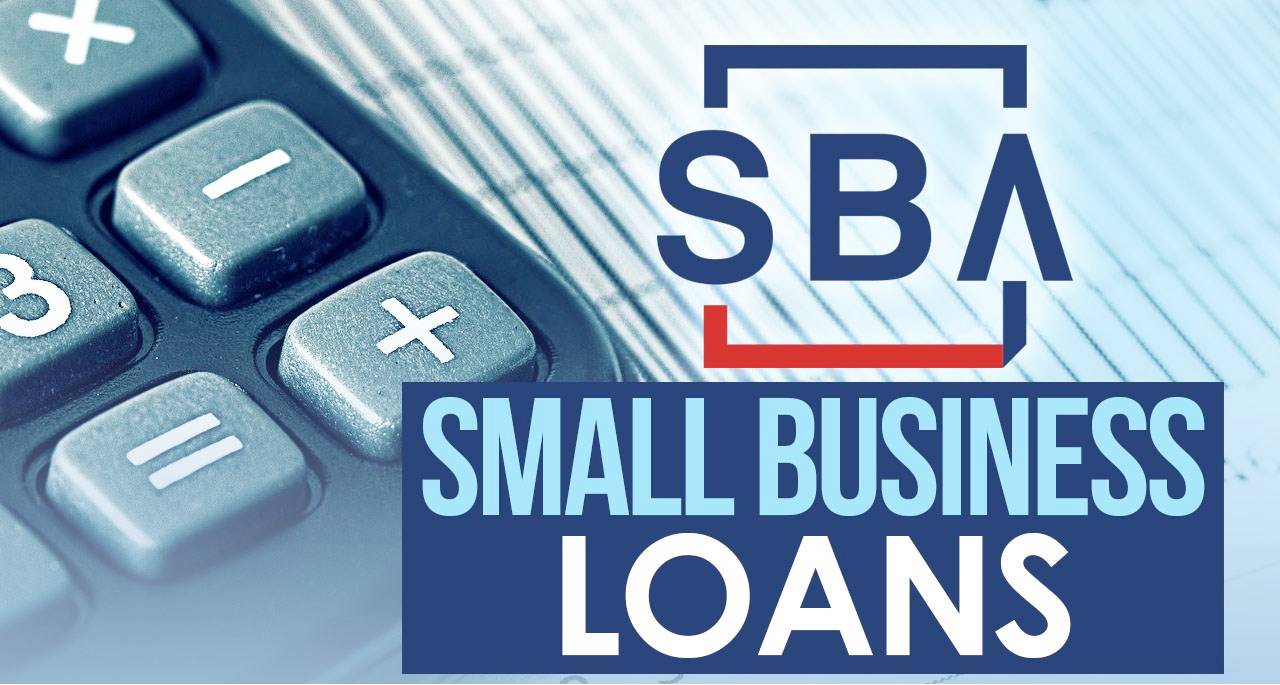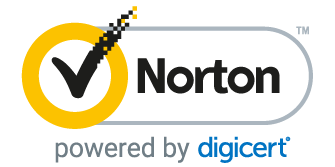So Your Business has been Rejected for SBA loans. What Next?
The Small Business Administration offers loans for some of the most competitive terms in the lending world. They feature low interest rates, extended repayment terms, deferred repayment and reasonable low monthly notes. SBA loans exist to offer financing to small businesses that might otherwise have difficulty accessing funds in the traditional bank or finance world. Unfortunately, the high desirability of SBA loans comes at a price: as there is no shortage of hopeful borrowers, lenders can require more rigid borrowing criteria, decreasing your business’s chance of approval. Only around one-quarter of all business loan applications with large banks are approved. Cheddar Capital is here to help your small to large business get an SBA Loan.
Smaller and local banks are more likely to approve business loans, but they still deny over half of all applications. Nobody likes rejection, but denials are commonplace in the highly competitive atmosphere of business financing. If you are one of the many people who have been denied a small business loan in the past, there are a few steps you can take to get your business funding it needs to stay successful. After identifying weaknesses in your application, you can decide if you want to reapply for an SBA loan or seek out alternative forms of financing.
Identify Why You Were Denied
If you’d like to access business funding after being denied for an SBA loan, it is imperative that you examine why you were denied. Regardless of whether you plan to reapply for an SBA loan or to pursue funding elsewhere, knowing the reasons you don’t qualify will allow you to remedy or mitigate them.
After your application for an SBA loan is denied, you are legally entitled to a written explanation. The law that regulates The Small Business Administration loan approval or denial process states:
“Applicants receive notice of approval or denial by the Lender, CDC, Intermediary, or SBA, as appropriate. Notice of denial will include the reasons. If a loan is approved, an Authorization will be issued.”
Whether you receive your rejection letter from the lender or directly from the SBA will depend on which loan program (Link to “understanding and comparing different types of SBA loans) you applied for and which lender you used.
Cheddar Capital SBA Loans vs Large Bank SBA Loans
Most large banks, such as Chase or Wells Fargo, belong to the SBA’s Preferred Lending Program (PLP). As these banks are considered SBA lenders, they have the authority to underwrite SBA loan applications and issue approvals and denials on their own authority. If you applied with a bank from the Preferred Lending Program, it will likely be that lender who contacts you about your application, including issuing the denial letter. If you applied for an SBA loan with a bank that is not an approved SBA lender, it is more likely that the SBA will contact you directly regarding the status of your application.
While you are guaranteed a letter stating the reason your application was denied, the language of the letter might be vague or provide little to no useful information. Cheddar Capital can help you navigate this complex system. We will examine your application in detail and explain exactly what needs improvement and if anything is missing we will provide feedback so you can re-apply and get approved.
Typical Grounds for SBA Loan Denial
Every lender has a unique underwriting process and its own criteria for loan approval, but most rely heavily on the 5 C’s of Credit:
- Character: This includes your credit history, such as recent bankruptcies, credit scores, and credit history, as well as considerations such as a criminal record.
- Capital: Lenders want to ensure you have enough revenue to repay your loan.
- Collateral: Many lenders prefer their loans be secured with assets.
- Capacity: A low debt-to-income ratio makes you a more desirable borrower.
- Conditions: Lenders might consider other factors when underwriting your business loan application. These factors might include external issues, such as industry trends and the current Federal Funds Rate, or internal issues such as the intended purpose of the loan. Lenders prefer to fund only business specific projects which should be described in complete detail.
Let Cheddar Capital take the guesswork out of the Small Business Administration Business Financing process. Using our industry experience, Cheddar Capital can help you pinpoint what your SBA loan application is missing so you can move on to the next step and get funded quickly.
Repair, Re-Apply and Get Approved Faster
Now that you know where your application needs improvement, Cheddar Capital can work on assisting with your reapplication. But reapplying isn’t the right option for everyone. Unfortunately for borrowers in a rush, credit checks run by The Small Business Administration, use a system called E-Tran, remain active for 90 days. As a result, borrowers must wait at least 90 days after receiving a denial notice to reapply for an SBA loan. If you don’t have the luxury of waiting that long for funding, it is worth considering alternative funding loan options.
There are also very strict rules concerning lending to certain industries. If your loan was denied because of your industry business type. It is highly unlikely that any tweaking of your application will change the outcome of an SBA loan application. In this case, Cheddar Capital recommends alternative financing options as a bridge loan or business line of credit.
If reapplying for an SBA loan makes sense for your business, Cheddar Capital can recommend some strategies that will make your second application stand out to the SBA underwriters.
Improve Your Credit
Credit is the primary determining factor in whether a loan gets approved and SBA loans are certainly no exception. Both your personal credit score and your company’s business credit score will be taken into consideration.
Most of us are already familiar with personal credit scores. They usually range from 300 to 850, with a higher score indicating better credit. SBA loans usually require a minimum score of 620 (link to “What credit score is needed for an SBA loan), but a FICO credit score above 700 greatly increases the chances of approval.
The SBA uses the Small Business Scoring Service (SBSS) for your business credit score. Like personal FICO credit scores, the higher the number the better your credit, but the range is from 0 to 300. The most popular SBA loan program, SBA 7(a), requires a minimum score of 140, but individual private lenders have different requirements.
Credit scores are just one aspect of an attractive application package. A business with a less-than-impressive score might still be approved if the business applying has high revenues and offers adequate collateral. While a high FICO score or business score might make a startup business or a company with sluggish revenue more appealing to lenders.
Always prioritize paying bills in full and on time, both personally and professionally. The fastest path to good credit is through prompt and regular payments. It is also possible to improve FICO credit and business credit by lowering the amount of credit utilized relative to the amount of credit available. This can be acheived by paying down debt. These strategies can quickly bump your credit scores, possibly bridging the gap between denial and approval.
Clean Up Your Finances
In addition to credit, lenders look at other aspects of your business’s financials when determining loan eligibility. Before extending credit, both the SBA and your lender want to ensure that your business will be capable of repaying the loan under the terms offered. To do so, they will want to look at factors such as business profit, business revenue, and current business debt.
The criteria a business is expected to meet depends on the individual lender. Some lenders only extend SBA loans to profitable businesses. Other business lenders do not require a business to be profitable if they are able to prove increasing revenue trends.
SBA lenders use a formula called the debt service coverage ratio (DSCR) to help determine a borrower’s ability to repay a loan. A DSCR greater than one denotes a positive cash flow, while a DSCR below one indicates negative cash flow. This number indicates whether a business can repay existing debts and obligations. This in turn helps lenders gauge if they want to extend additional credit.
To improve your business’s financial standing, it helps to take small steps towards reducing expenses and increasing revenues. Cutting unnecessary expenses or raising your business profit margin just a few percentage points might be all it takes to qualify for an SBA loan.
While making these changes to revenue and expenses, don’t forget to evaluate your assets. Remember to list any newly acquired inventory or equipment as possible collateral when you reapply for an SBA loan.
Wait It Out
Perhaps the easiest way to improve the desirability of your application is to wait a few months before reapplying. While SBA loans are open to new businesses, startups are far more likely to be denied. Around 65% of SBA 7(a) loans are dispersed to businesses that have been established for over two years. Only about 35% of SBA loan recipients are new businesses.
New businesses often do not have the history to prove they can repay an SBA loan. There is a perception that they haven’t yet found their footing and are still struggling with minimizing expenses and maximizing revenue. As a result, lenders and the SBA often prefer to work with established businesses that can provide documentation of strong financial history.
Waiting a year or even just a few months can help your business establish the financial history the SBA and lenders want to see. Don’t forget to spend that time paying down debt, increasing revenue, and otherwise improving your business’s financial fitness.
Alternatives to SBA Loans
Not everyone can wait 90 days to reapply for an SBA loan. You might need money fast, or you might be unable to put your business on hold while you struggle through the re-application process.
Reapplying for a loan means tracking down and submitting all updated documents, such as bank statements and other financial documents. Luckily for the busy entrepreneur on the go, there are alternatives to SBA loans that don’t require waiting months or resubmitting mountains of paperwork. Here is a list of alternative lending options based on the SBA loan you originally applied for.
Denied for an SBA 7(a) Loan, Check Out Cheddar Capital’s Business Financing Programs
Borrowers usually apply for an SBA 7(a) loan when they need working capital for their business. Unfortunately, these loans are highly competitive and difficult to qualify for. Online lenders are a good alternative to SBA 7(a) loans for businesses that don’t meet the SBA’s rigorous qualifications. Whether your new business lacks financial history or your FICO score is as low as 500; online lenders likely have a loan product that fits your needs.
Online lenders often make up for their more lenient requirements with higher interest rates and shorter loan repayment periods. In contrast to SBA 7(a)’s repayment term of 5 to 25 years. Many online lenders offer repayment terms of 6 months to 3 years. Online lenders can also charge up to 5 times the interest rate of SBA lenders. Fortunately, the shorter repayment period means that the total amount paid in interest is lower. For more information, use a business loan calculator to determine AIR and estimated monthly payments.
Invoice financing is also an option for a B2B business denied for an SBA 7(a) loan. This funding option allows businesses to access working capital by leveraging unpaid invoices. For a small fee, Cheddar Capital can provide cash in exchange for invoices due in 30 to 180 days. The interest rates are usually reasonable, as the invoices act as collateral. They are still higher than those offered by SBA loans. The secure nature of this type of loan makes them a good option for new or poor credit businesses. The main drawback to invoice financing is that only B2B businesses are eligible.
SBA 504 Loan Denied? Try Alternative Commercial Mortgage Loans
If your business needs funding for fixed assets such as equipment or other property, you probably applied for an SBA 504 loan. Luckily hard money loans are a great alternative. If the loan is used to purchase a fixed asset, that asset can be used as collateral. Compared to SBA lenders, hard money lenders are more likely to work with new or businesses with low credit scores. However, hard money loans tend to have much less favorable terms, such as higher interest rates and fees. Cheddar Capital also offers up to 90% financing, and a 20-30% down payment just like the SBA 504 Program.
SBA Microloan Application Denied? Apply for a Business Credit Line
SBA Microloans are smaller loans for businesses that only need to borrow $50,000 or less. Unfortunately, despite the lower loan amount, it can still be quite challenging to be approved for the SBA Microloan program. With credit limits that can sometimes exceed $50,000 and much less stringent requirements, a business credit line makes a good alternative to a microloan. These credit lines regularly come with perks, and some offer 0% draw fees as an introductory bonus. Of course, the better your credit the better your interest rate and credit limit will be. Even borrowers with average credit are often eligible for decent limits and luxurious perks.
Denied? Reapply for an SBA Loan or Reconsider Cheddar Capital’s Alternatives
SBA loans offer some of the best terms of all business loans. That makes them highly competitive and often difficult to access. After an SBA loan denial, consider taking some of the following steps:
- Speak to the SBA, your lender, or Cheddar Capital to learn how to strengthen your application.
- If you aren’t in need of financing immediately; work on building credit and increasing profit before reapplying for an SBA loan in 90 days.
- If you need money fast; consider some alternatives to SBA loans and apply for the one that best fits your needs. Options include Cheddar Capital’s business financing programs, a business credit line, invoice financing, and commercial mortgage loans.
Don’t turn that rejection into dejection! If your SBA loan application has been denied, there are still plenty of options, whether that means reapplying later or applying with Cheddar Capital. Regardless of which path you pursue, you’ll soon be well on your way to the business funding you need. Apply Today.





